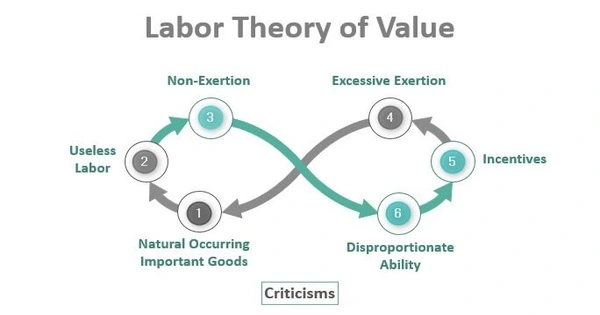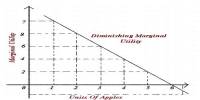The Labor Theory of Value is an economic theory that suggests that the value of a good or service is determined by the amount of labor that has been put into its production. The labor theory of value is a value theory that contends that the total amount of “socially necessary labor” required to produce a good or service determines its economic value. According to this theory, the more labor that is required to produce a good or service, the more valuable it is.
This theory was first proposed by classical economists such as Adam Smith and David Ricardo, who believed that the value of a good or service is ultimately determined by the amount of labor that has been put into its production. They argued that the value of a good or service is not determined by its usefulness or its scarcity, but rather by the amount of labor that has been expended to produce it.
For example, according to the Labor Theory of Value, a handcrafted piece of furniture would be more valuable than a mass-produced piece of furniture because it requires more labor to produce. Similarly, a painting created by a renowned artist would be more valuable than a painting created by an unknown artist because the renowned artist’s work requires more labor and skill.
Although it first appeared in the theories of earlier classical economists such as Adam Smith and David Ricardo, and later in anarchist economics, the LTV is most commonly associated with Marxian economics. Smith defined the price of a commodity in terms of the labor required by the purchaser to acquire it, which embodies the concept of how much labor a commodity, such as a tool, can save the purchaser. The LTV is central to Marxist theory, which holds that capitalism exploits the working class and separates price and value. However, Marx did not refer to his own theory of value as a “labour theory of value”.
However, the Labor Theory of Value has been criticized by some economists, who argue that other factors, such as supply and demand, also play a significant role in determining the value of goods and services.
Overall, while the labor theory of value has contributed to our understanding of the relationship between labor and value, it is not considered a complete explanation of how prices are determined in a market economy.
















